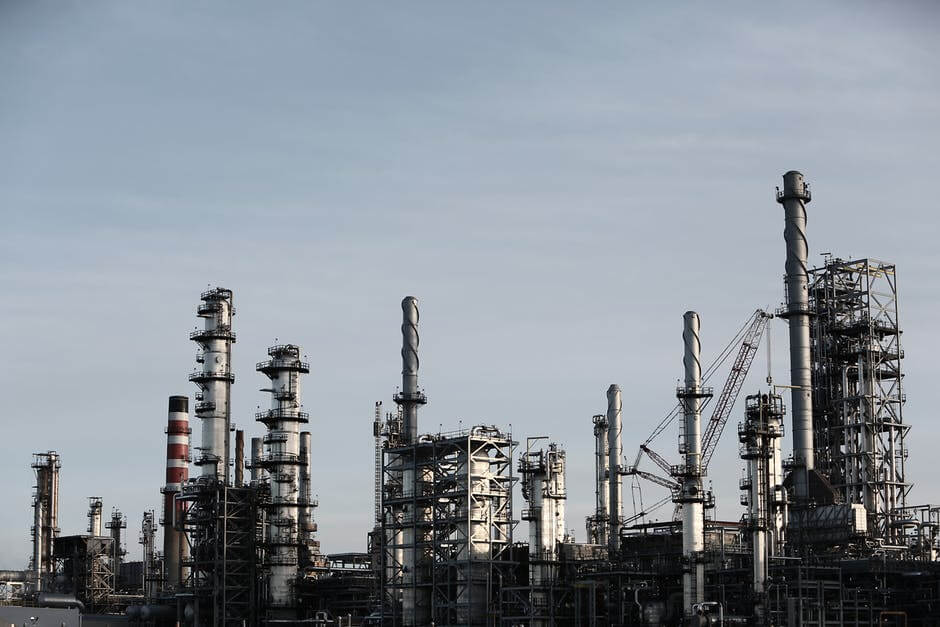Had an accident that wasn't your fault?
Start your claim here by completing our simple enquiry form
Where the petrol prices rigged ?
Concerns are growing about the reliability of oil prices
Motorists may have been paying too much for their fuel because bankers and other traders are likely to have manipulated oil prices in the same way they have rigged interest rates, an official report has suggested.
Concerns are growing about the reliability of oil prices, after a report for the G20 found the market is wide open to “manipulation or distortion”. Traders from banks, oil companies or hedge funds have an “incentive” to distort the market and are likely to try to report false prices, it said.
Politicians and fuel campaigners last night urged the Government to expand its inquiry into the Libor scandal to see whether oil prices have also been manipulated and pushed up.
They warned any efforts to rig the oil price would affect how much drivers pay at the pump, which soared to a record high of 137p per litre of unleaded earlier this year.
Robert Halfon, who led a group of 100 MPs calling for lower fuel prices, said the matter “needs to be looked at by the Bank of England urgently”.
“We need to know whether the oil price has been manipulated in a similar way to Libor,” the MP for Harlow said. “This impacts on millions of people all round the country concerned about the price of petrol at the pumps.”
Petrol retailers use oil price “benchmarks” to decide how much to pay for future supplies.
The rate is calculated by data companies based on submissions from firms which trade oil on a daily basis – such as banks, hedge funds and energy companies.
However, like Libor – the interest rate measure that Barclays was earlier this month found to have rigged – the market is unregulated and relies on the honesty of the firms to submit accurate data about all their trades.
This is one of the major concerns raised in the G20 report, published last month by the International Organisation of Securities Commissions (IOSCO).
In the study for global finance ministers, including George Osborne, the regulator warns that traders have opportunities to influence oil prices for their own profit.
It points out that the whole market is “voluntary”, meaning banks and energy companies can choose which trades to make public.
IOSCO says this “creates opportunity for a trader to submit a partial picture in order to influence the [price] to the trader’s advantage”.
End article.
Have you been in an accident that was not your fault? Would you like your car repaired without affecting your no claims bonus and without raising your renewal premiums? Click here to start your claim today.




